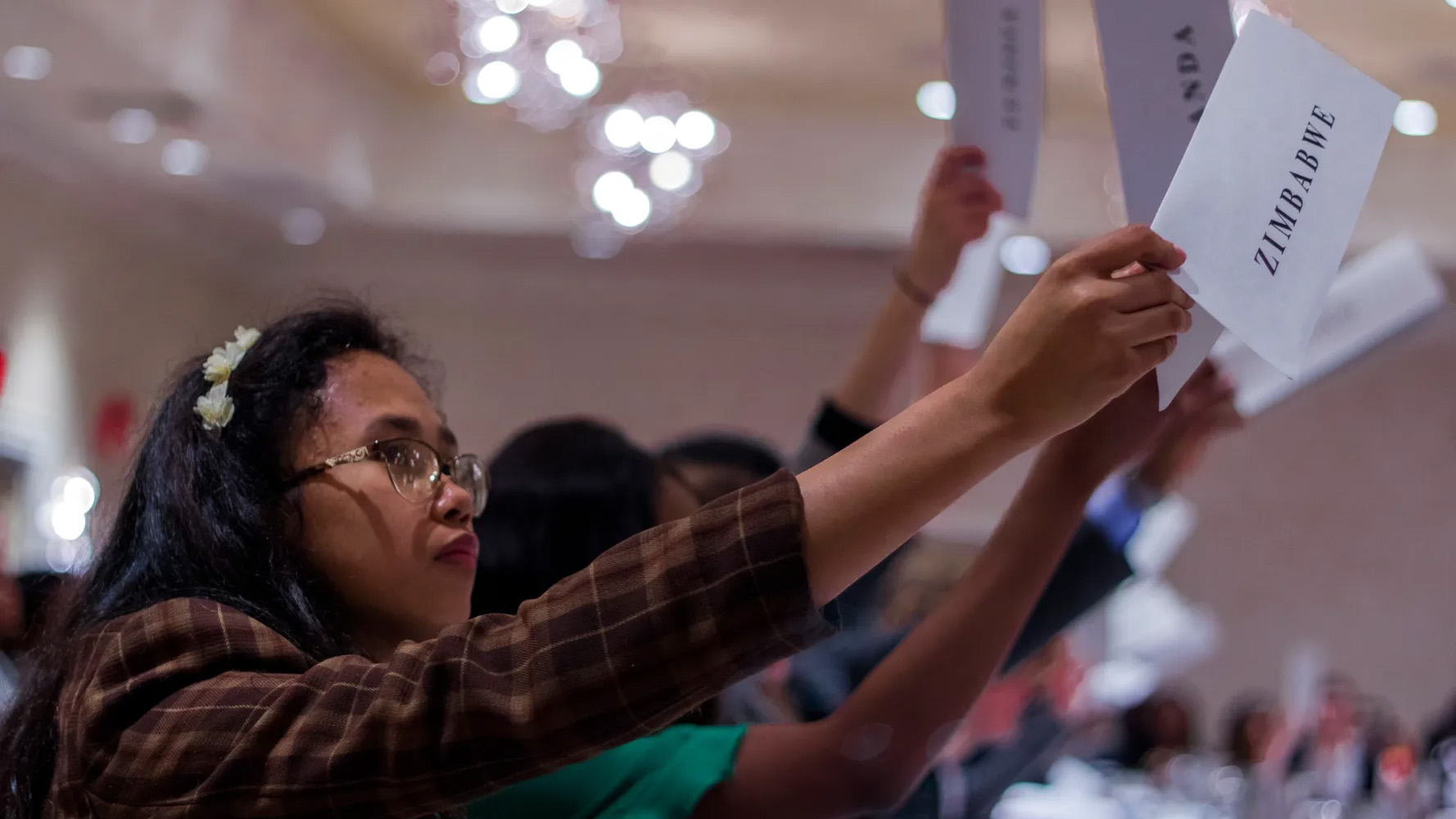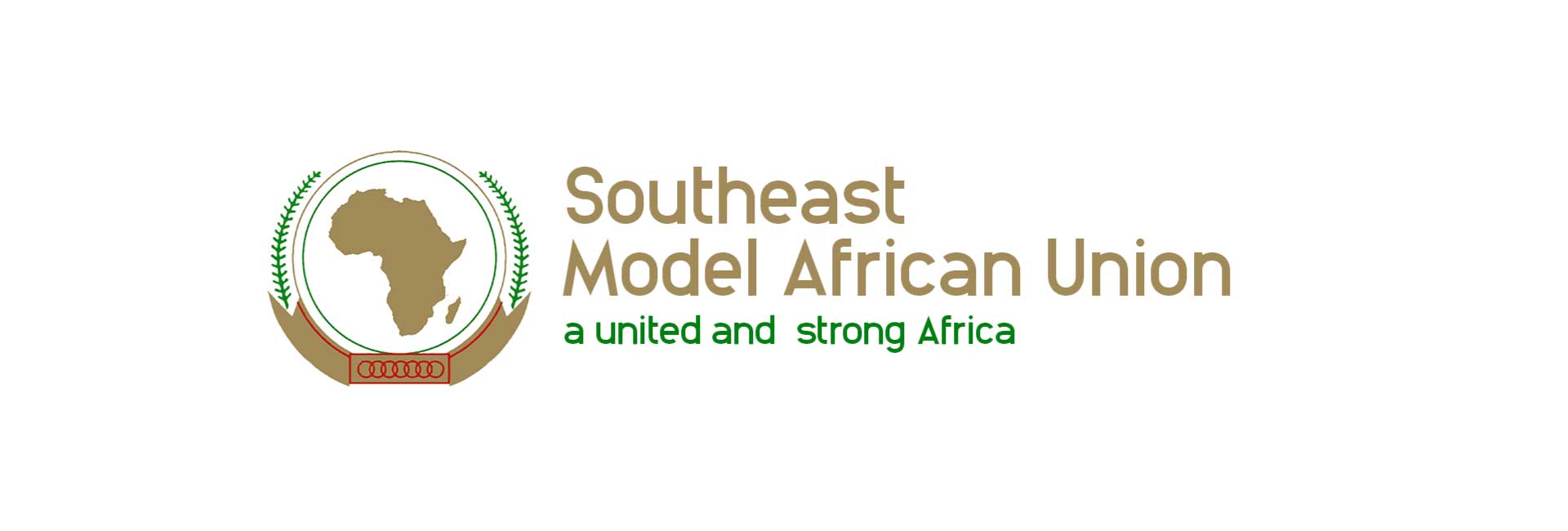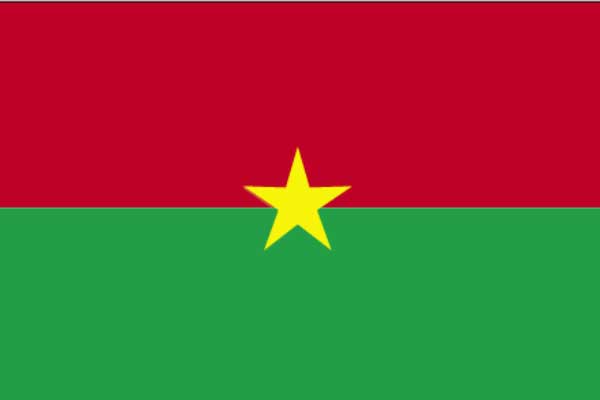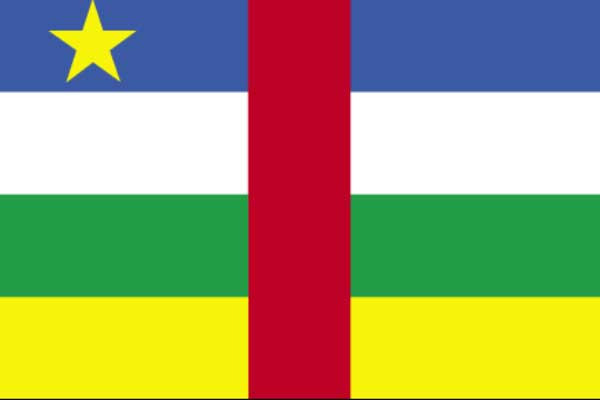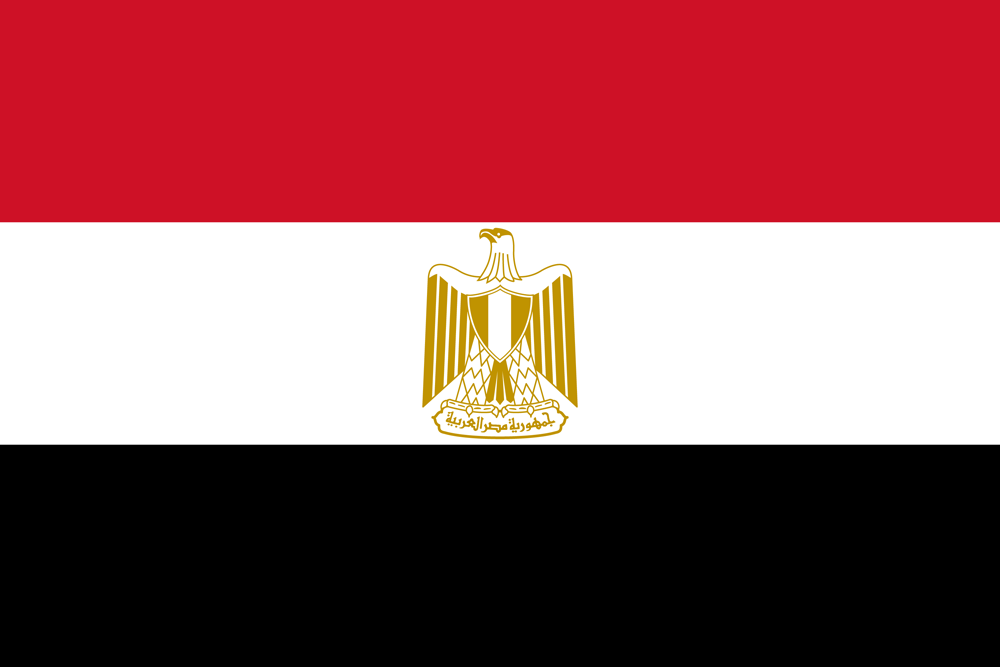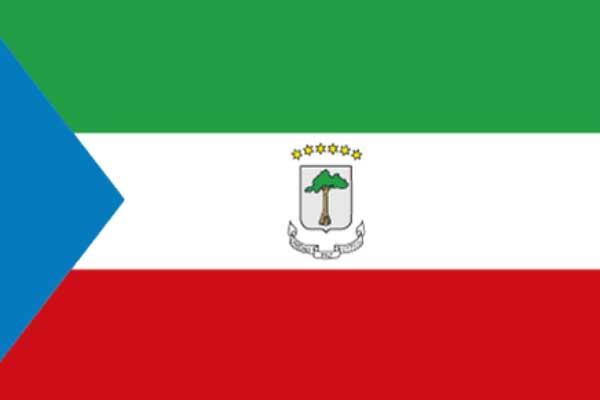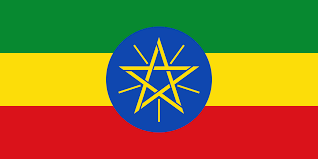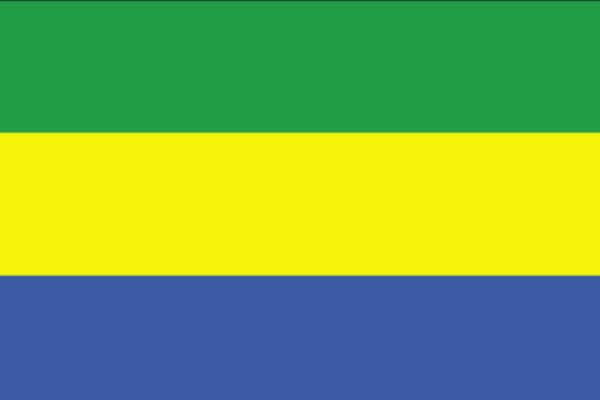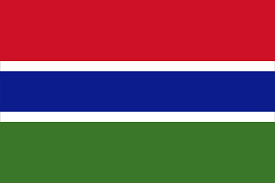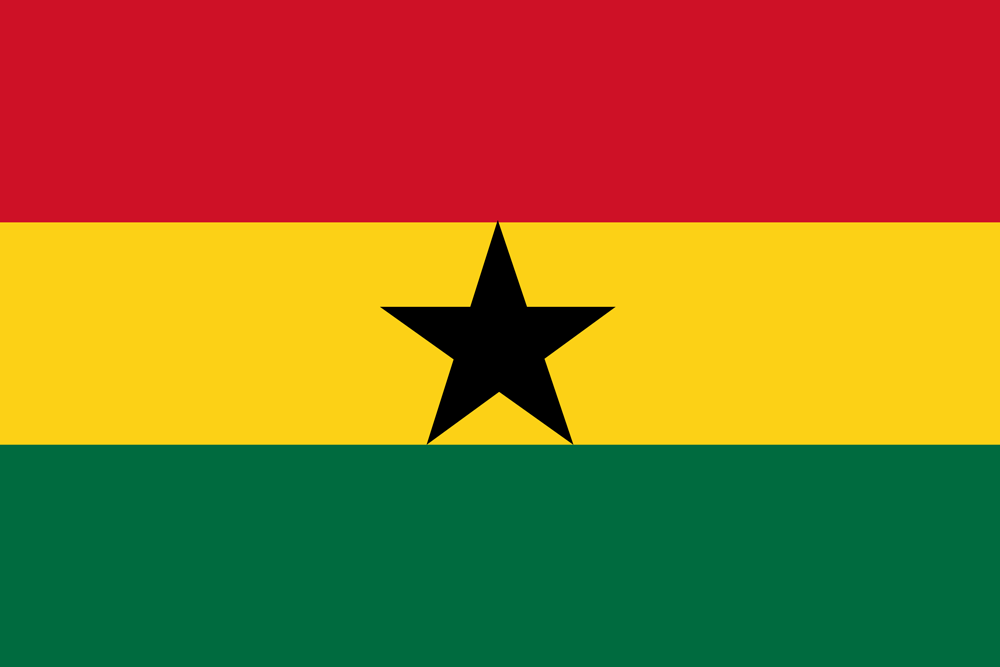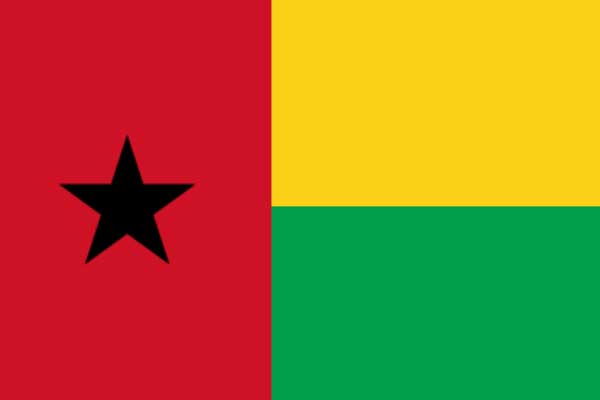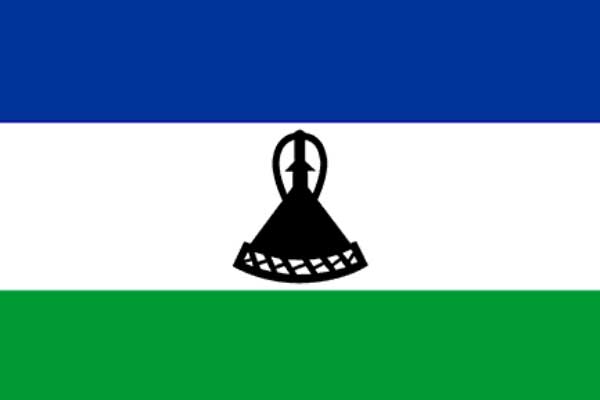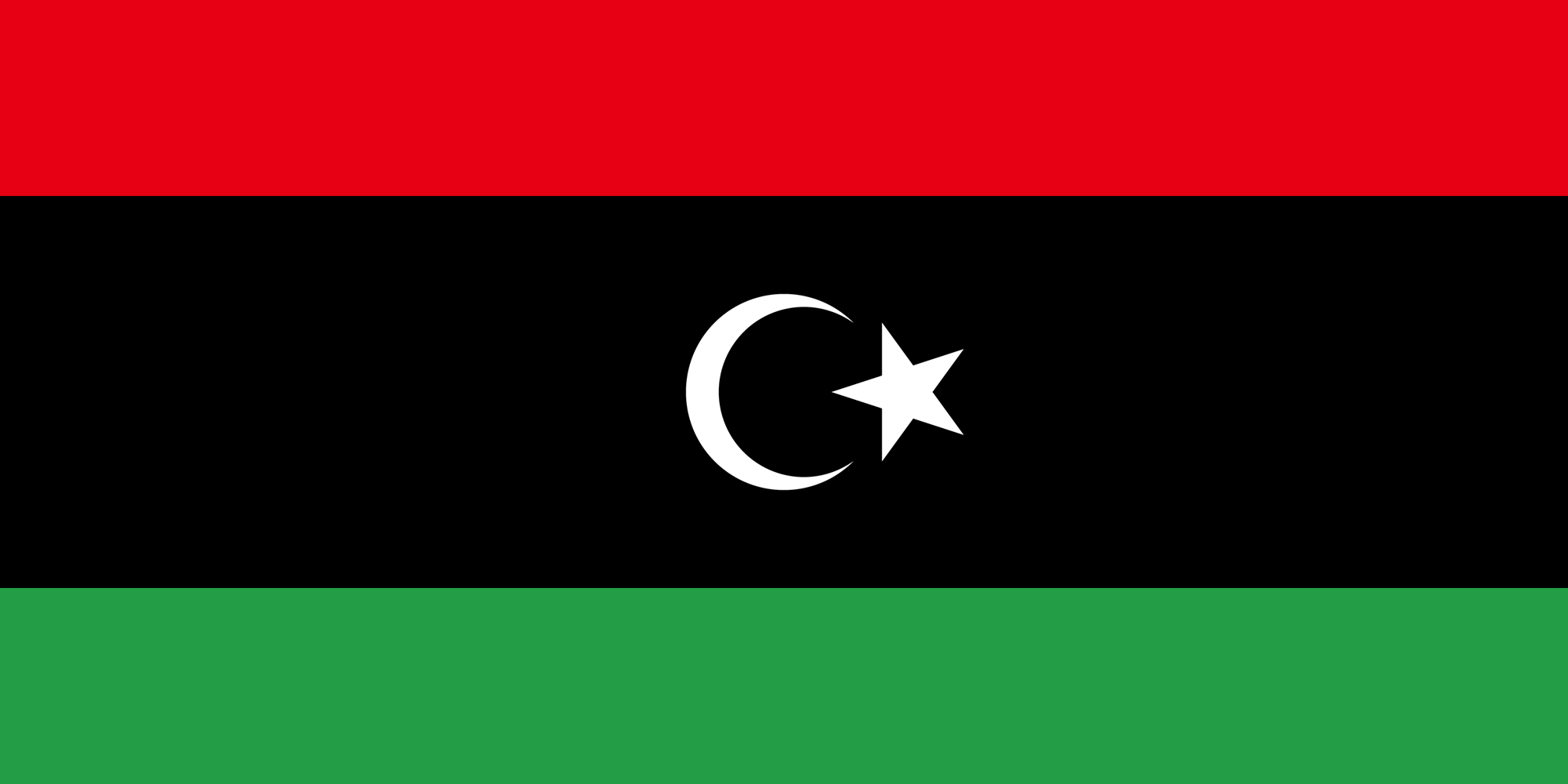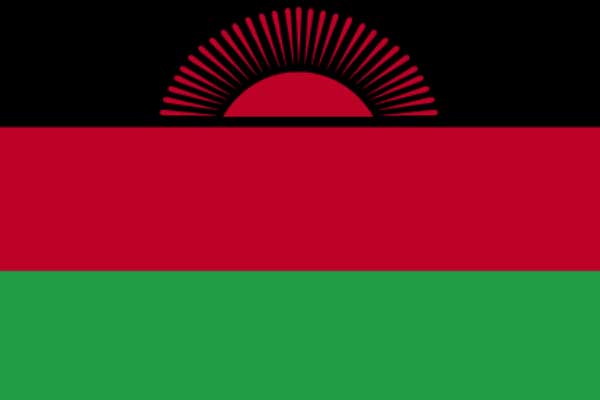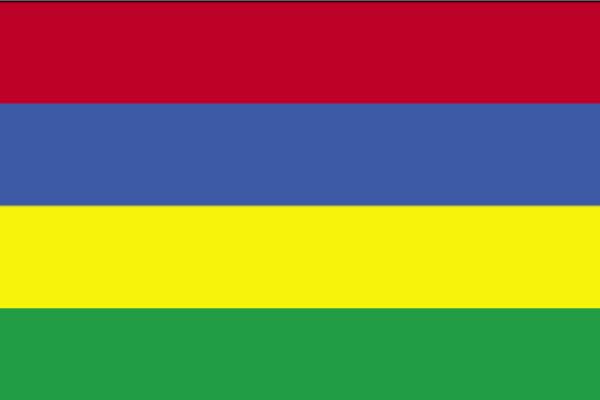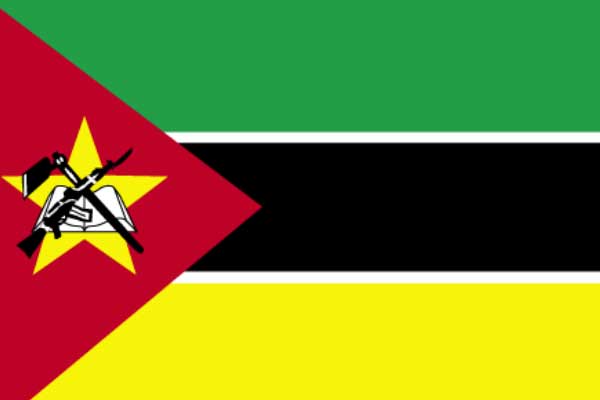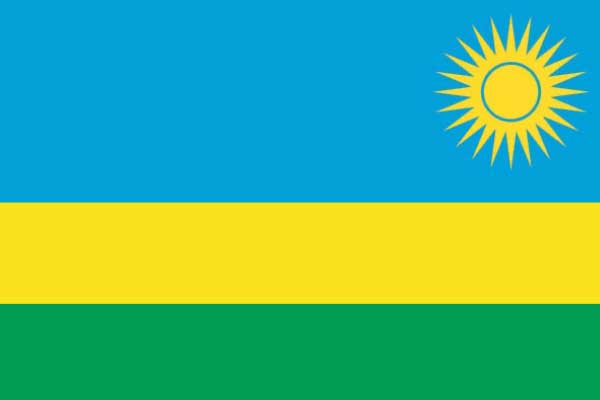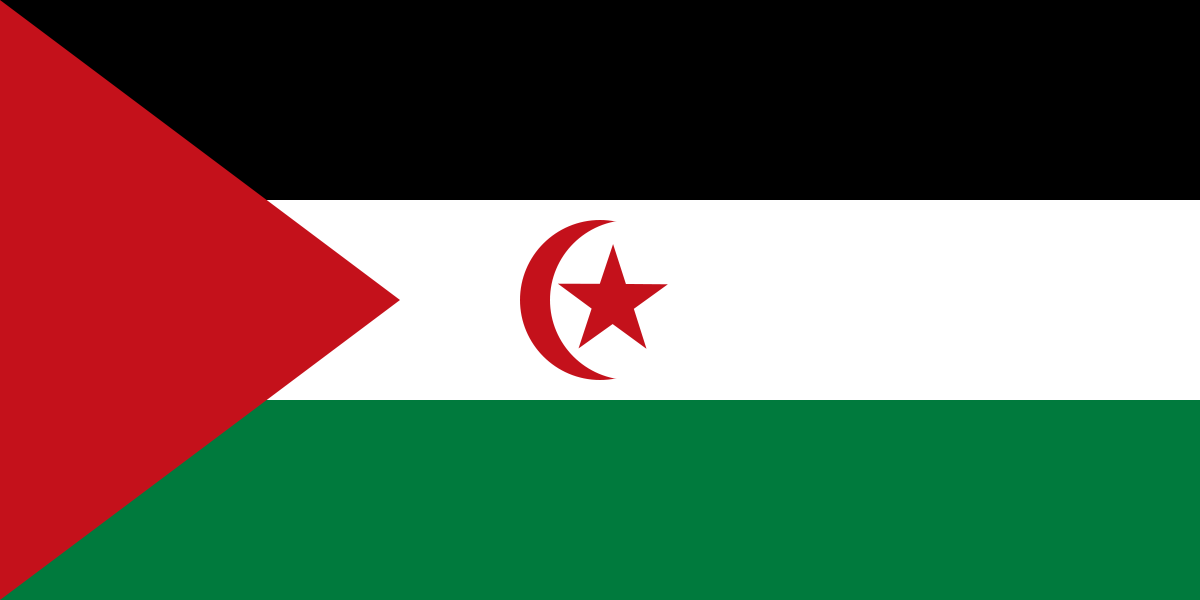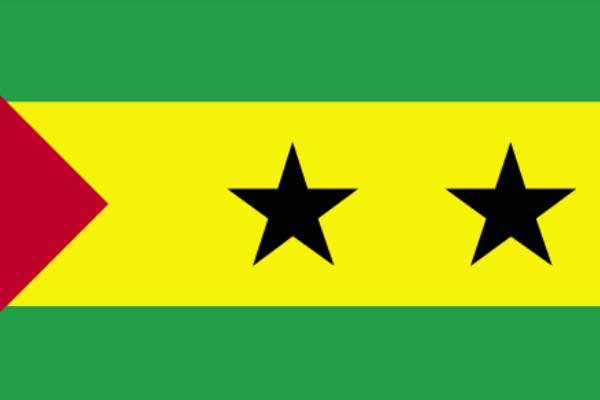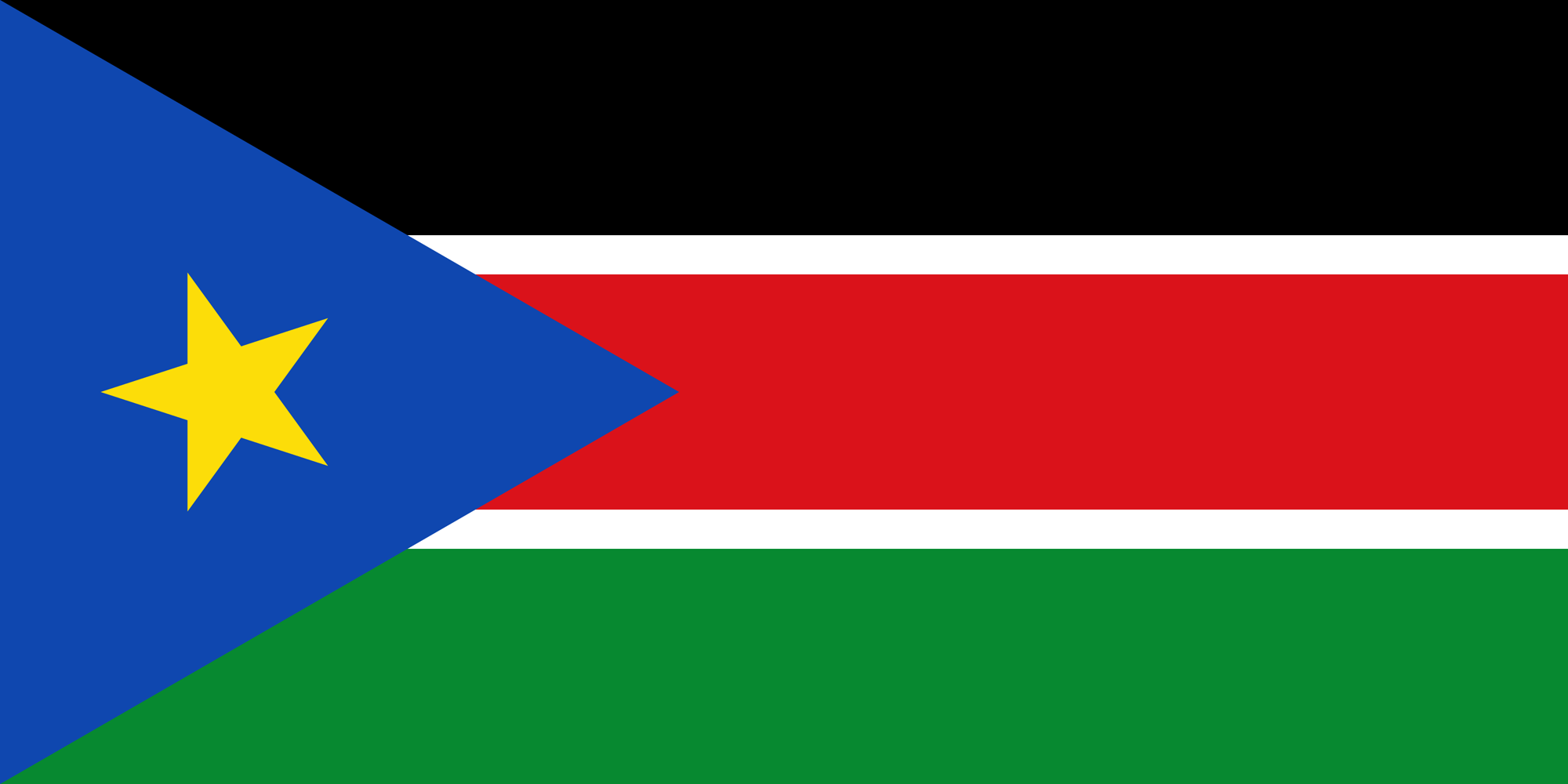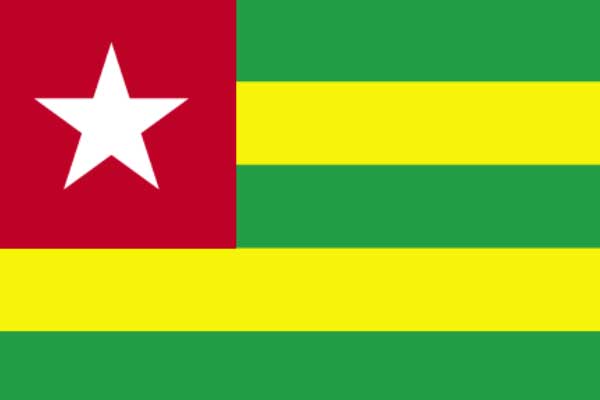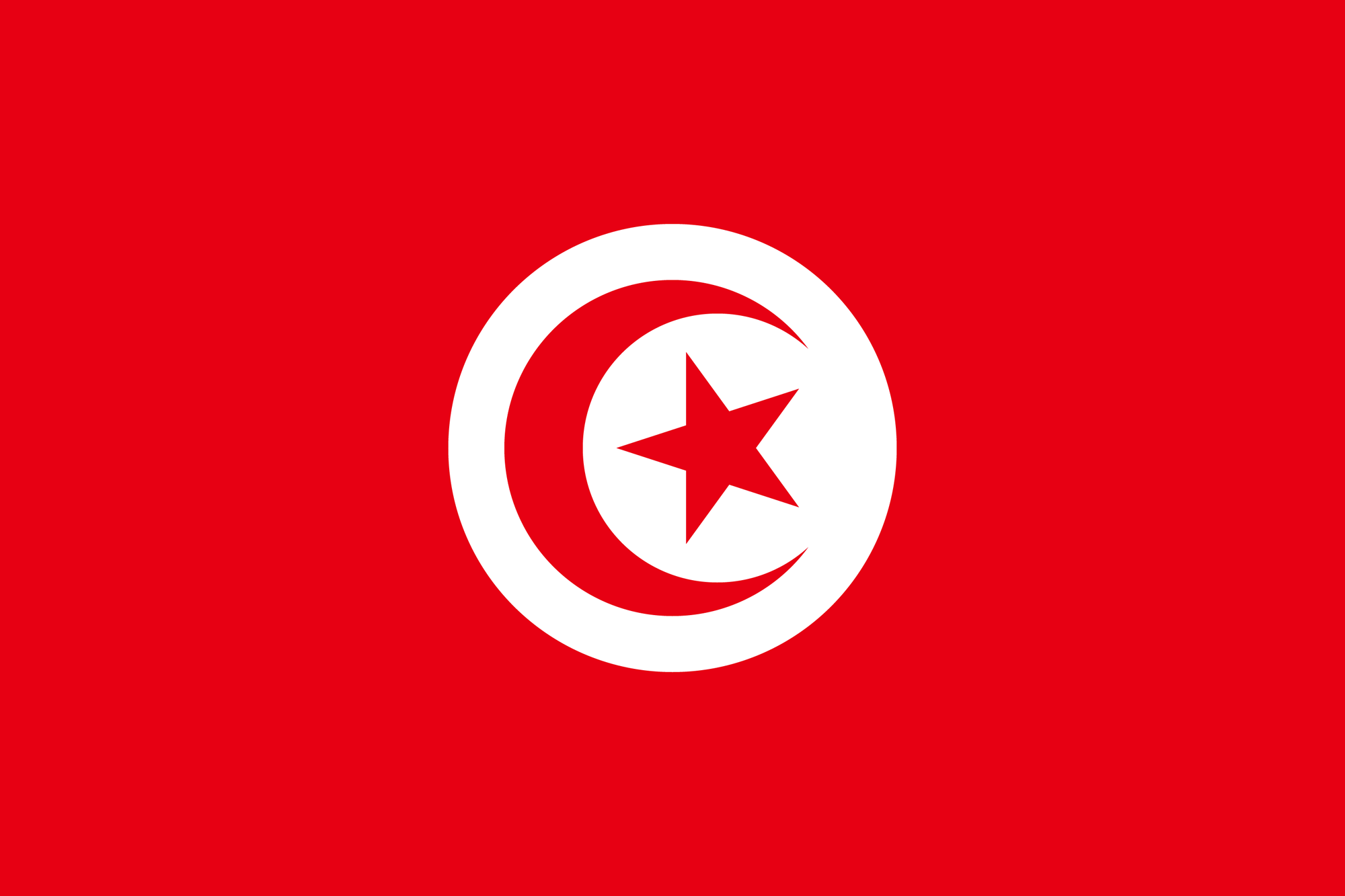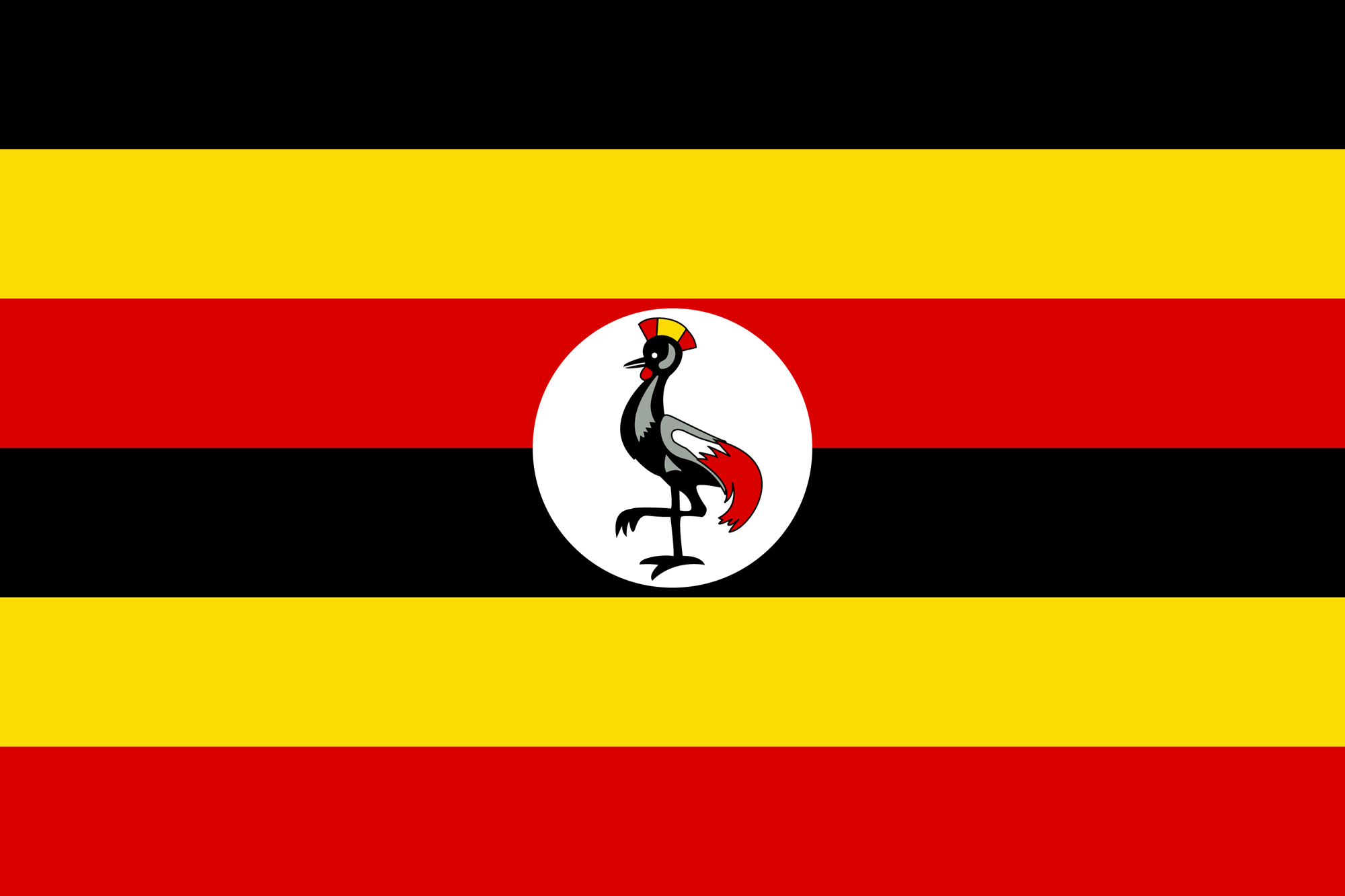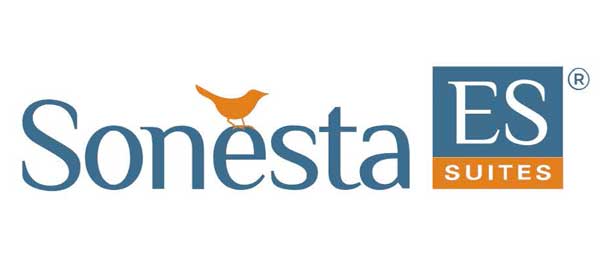|
Rules of Procedure
(Adapted from the 2024 International Model African Union)
1. These Rules incorporate- and take precedence over the procedural portions of the Constitutive Act of the African Union. In the event of a dispute the interpretation of the Chair is final provided there is not a successful appeal.
2. The official language for all sessions is English. Business may be conducted in other languages only if the speaker provides translation.
3. All Member States belong to the Assembly of Heads of State and Government as well as the following organs:
- The Executive Council
- The Committee on Democracy, Governance and Human Rights
- The Committee on Economic Matters
- The Committee on Social Matters
- The Committee on Peace and Security
- The Committee on the Environment and Climate Change
4. The seating of delegations in organs of the Model A.U. and in the Assembly of Heads of State and Government shall be in alphabetical order.
5. Other subsidiary bodies may be established with the approval of the Assembly.
-
FACULTY ADVISORS AND CONSULTANTS
|
6. The Secretariat of the Model African Union shall designate Faculty Members to serve as Faculty Advisors and Consultants in the various organs of the Model A.U.
7. The Faculty Advisors and Consultants shall attend to the needs of all delegates and shall not be limited to their own delegates.
8. The Faculty Advisors and Consultants shall assist the Chairs and other Officers in running the sessions as necessary. Faculty advisors and consultants shall not vote or participate in debate.
9. Faculty Advisors with the guidance of the Directors shall take actions as necessary to ensure the smooth functioning and integrity of all organs of the Model A.U.
10. In accepting a country assignment, faculty advisors, their sponsoring institutions and delegations accept the responsibility to fully prepare the representation of their country and to observe the process of the Model as contained in materials provided by the Directors.
|
-
|
11. The officers of the Committees, Council, and Assembly of Heads of State and Government shall be appointed by the Directors.
12. If appointed prior to the conference, officers shall attend virtual orientation sessions, and will perform the work of their office as specified in the rules of procedure, the program, and as communicated to the officer by the Secretariat and Directors. With respect to appointment to office and the interpretation of work to be performed, the decision of the Directors is final. Officers will work with Faculty Advisors and Consultants, and the Secretariat to ensure the smooth running of all aspects of the Model.
13. Officers of the Committees and the Executive Council may play a full part as representatives of their delegations in deliberating and voting on proposals. During that time, they are required to hand over their official duties to other officers until the item has been passed, been defeated, or otherwise been removed from consideration. Officers of the Assembly of Heads of State and Government are officers of the Model AU and may not represent their delegation in deliberating and voting on resolutions in the Assembly of Heads of State and Government.
14. All officers shall meet with the Secretariat as scheduled in the Program and/or as needed to discuss their duties and problems arising in the execution of their offices.
15. In addition to those powers specified elsewhere, the Chair of a Committee, the Executive Council and of the Assembly of Heads of State and Government shall interpret these Rules, rule on Points of Order, assure parliamentary order, accord speaking rights, put the question, announce decisions, limit the number of times a delegate may speak on any question, open and close the speakers list and close debate.
|
-
|
16. The agenda of the Opening Plenary Session will be the following (in order): (1) Roll Call of Delegations; (2) Convening of the Southeast Model A.U.; (3) Keynote Address; (4) Reception.
17. The agenda for the ordinary substantive sessions of the Committees shall include the following (in order): (1) Assignment of resolutions to agenda topics; (2) Consolidation of resolutions under each topic into a single consolidated draft; (3) Consideration and action on draft consolidated resolutions on each agenda topic.
18. The Committees shall only consider the agenda topics assigned to them.
19. The agenda for the Assembly of Heads of State and Government shall be (in order): (1) receive report from the Executive Council and (2) consider and act on resolutions submitted by the Committee on Democracy, Governance and Human Rights, the Economic Committee, Committee on the Environment and Climate Change, Committee on Peace and Security, and Social Committee.
20. The Assembly of Heads of State and Government shall take cognizance of the report by the Executive Council but shall not debate or vote on the report of the Executive Council.
21. The agenda of the meeting of the Executive Council shall include the following (in order): (1) Briefing by Faculty Advisor; (2) Introduction of Officers and Delegates; (3) Introduction of a crisis by Home Government; (4) Crisis Resolution; and (5) Adjournment.
22. The agenda for the substantive meetings of the Executive Council shall be to take actions necessary for the resolution of a crisis. The crisis will begin in the early stages of the model and, therefore, the preparation and submission of resolutions prior to that time is not allowed.
23. The Executive Council may require a committee to undertake a specific task related to the Councils business. The Council will communicate the specific task to the Committee(s) in writing and through a verbal briefing by an officer or member of the Council. The Council shall designate one of its members to liaise with a Committee that has been tasked. Executive Council directives to Committees shall interrupt and take precedence over all other Committee proceedings until the specified task is completed.
|
-
GENERAL PROCEDURES AND RULES OF DEBATE
|
24. An amendment is anything that adds to, deletes from, or changes a draft resolution. A motion totally replacing the original proposal or not directly related to it is not an amendment and shall be ruled out of order by the Chair. An amendment may not itself be amended. An amendment which is counter to an amendment already adopted shall be ruled dilatory by the Chair.
25. No one may speak without first being recognized by the Chair.
26. When speaking, delegates will see that their remarks are germane to the motion on the floor. If they fail to do so, the Chair shall call them to order without delay.
27. At any time, a delegate may complain of improper procedure under these Rules by raising a Point of Order. The Chair shall immediately rule upon the Point and his/her decision is final, unless a two-thirds majority votes to appeal (and thereby reverse) his/her decision. A Point of Order is the only action that may interrupt a speaker.
28. In order to ask a question of the Chair on any matter, delegates will rise to a Point of Information. The Point of Information will not interrupt any speaker.
29. To end the session for a specified period of time, a motion to suspend the session will be required. Such a motion would be required to end the morning or afternoon session in expectation of resuming at a specified time. Such a motion will also be required for either moderated or un-moderated caucuses. Such a motion requires a second, is not debatable, and is decided by a simple majority. The same applies to a motion to adjourn, which is necessary when the Assembly of Heads of State and Government, the Executive Council or a Committee has dispensed with all its business and wishes to end its deliberations for the year. These motions may be ruled dilatory by the Chair, whose decision is subject to appeal.
30. The order of precedence of motions is as follows: (1) Point of Order; (2) Suspend the Session; (3) Adjourn the Session; (4) Suspend/Resume Debate; (5) Close Debate; (6) Other motions; (The Proposal under Discussion [main motion]).
|
-
|
31. Each Member State shall have one vote and only one voting representative on the Executive Council, on each Committee, and in the Assembly of Heads of State and Government.
32. Resolutions and amendments thereto of the Committees only require a simple majority. Actions by the Executive Council require a two-thirds majority. Resolutions and amendments thereto of the Assembly of Heads of State and Government require a two-thirds majority.
33. In determining a simple or two-thirds majority in Committees, only those votes of yes or no shall be counted. A vote of abstain shall not be used in determining whether there is a majority in Committees. In the Assembly of Heads of State and Government a two-thirds majority shall be based on two-thirds of delegations present.
34. Unless otherwise specified, all voting will be by show of placards. Before voting commences, any delegation may request a roll-call vote. The Chair shall rule on the request, and his/her ruling is subject to appeal. The roll call shall be in alphabetical order, starting at a random point determined by the Chair for each vote. The voting may not be interrupted except by a Point of Order concerning voting procedure.
35. In Committee only, when taking a vote by show of placards, the Chair will ask for those in favor, those opposed, and abstentions. When named in a roll call, a delegate shall answer yes, no, abstain, or Pass. If he/she responds with the latter, the delegate has indicated his/her desire to pass at this time. The Chair will run through the entire roll once and will then call those who have passed. Upon being called a second time, a delegate will respond yes, no, or abstain. In the Assembly of Heads of State and Government only, when taking a vote by show of placards, the Chair will ask for those in favor and those opposed only. There are no abstentions in the Assembly of Heads of State and Government.
36. Once all votes have been tabulated, the chair, only on roll-call votes, will ask for changes in vote. After any changes have been noted, the result of the vote is announced. If a motion to reconsider (prohibited in the Assembly) is not forthcoming, the body moves on to consider the next proposal or, if no proposals remain under a topic, the Chair will entertain a motion to suspend debate on that topic and move on.
37. After debate on a proposal or amendment has been closed, but before voting commences, a delegate may move to divide the question. He/she would do so if he/she desires to vote on the proposal or amendment in several parts. Such a motion must specify the intended division, which is not debatable, and is put to an immediate vote. A simple majority is required. Once all parts of a proposal or amendment are voted on, the entire proposal or amendment shall be put to a vote. If all the operative parts of a proposal are rejected, then the proposal itself is rejected.
|
-
PROCEDURES FOR COMMITTEE AND EXECUTIVE COUNCIL RESOLUTIONS AND AMENDMENTS
|
38. A draft resolution is a substantive document related to a specific topic on the agenda submitted for decision. Draft resolutions may be submitted to a Committee or Council folder in Google Docs.
39. No single delegation may be the original sponsor of more than one resolution in each Committee.
40. A motion or proposal may be altered by a friendly amendment meaning a change agreed to by all sponsors of that motion or proposal. Such amendments must be announced to the Chair. All other amendments are unfriendly. Such ordinary amendments must be moved and seconded and submitted in writing to the Chair at the time the motion is made. An amendment moved and seconded will be debated and voted on in accordance with the rules for debate and voting of the main motion or proposal. Motions to introduce proposals or amendments (or any other motion, for that matter) may be made either in a speech or after being recognized by the Chair.
41. Once the decision on a proposal or amendment has been announced, any delegate who voted with the majority may move for its reconsideration. A two-thirds majority is required for reconsideration. If such a majority is forthcoming, a re-vote will be taken. The Chair may rule such motions dilatory. This ruling is subject to appeal.
42. Once a Committee or the Executive Council decides to open discussion on a draft resolution under an agenda topic or sub-topic, the Chair may allow procedurally correct points of inquiry directed to the main sponsor(s). Following any points of inquiry, the Chair will establish a speakers list of no more than ten. Those wishing to speak will raise their placards and will be assigned a position on the list. The Chair will call upon delegates to speak in the order they appear on the speakers list. Delegates may request to be added to the list any number of times until the Chair limits the number of times a delegate may speak, closes the speakers list, or debate is closed by a motion. Once a specific speakers list is exhausted, any delegate may move to reopen the speakers list. This motion must be seconded and is not debatable. Debate will continue until it is suspended or closed, the meeting is suspended or adjourned, or the speakers list is exhausted (once exhausted, the Chair will announce closure of debate and bring the proposal, if any, to an immediate vote).
43. During discussion of a topic, a delegate may make a motion for an unmoderated caucus. The delegate making the motion must specify an amount of time for the caucus. The adoption of this motion requires a majority of members present and voting. If passed, the unmoderated caucus allows delegates to move around the room, converse, and negotiate with each other without any formal rules or limitations. Due to the unstructured nature of these suspensions, delegates are permitted no more than 30 minutes of unmoderated caucus time for every hour of debate. Delegates are encouraged not to spend more time in unmoderated caucuses than necessary-they are most useful for the writing of draft language.
44. During discussion of a topic, a delegate may make a motion for a moderated caucus. The delegate will specify the amount of time for the caucus and the topic to be moderated. In a moderated caucus the Committee/Council remains in session but operates informally. The Chair will recognize delegations that wish to speak in turn at the Chair’s discretion. No speakers list is used. The moderated caucus may be used as a question-and-answer period, or as a means to facilitate a discussion of draft provisions.
45. When speakers list is used, the speakers shall be given one and a half minutes. The Chair will call speakers to order if they exceed their time. The Chair shall ensure that all delegates have equal opportunity to participate in debate.
46. Prior to beginning his/her speech, a delegate may request that all or part of his/her time be yielded to another. Once yielded, time may not be yielded a second time.
47. A delegate may speak to the draft resolution, amendments moved thereto and the agenda topic, or all the above while on a particular speakers list.
48. A Point of Inquiry may be used to question a speaker after he/she has finished his/her remarks: a questioner will address the Point to the Chair, who will then ask the speaker if he/she wishes to yield. In order to ask a second question, a second Point of Inquiry will have to be raised, and the speaker again asked to yield. The Chair will ensure that Points of Inquiry are only used to raise questions of clarification or for additional information.
49. A delegate may make a motion to suspend debate on a draft resolution at any time. The Chair will allow two speakers for the Suspension and two against, and will limit time. Speeches must be germane to the suspension only. After the speeches, an immediate vote will be taken, a simple majority being necessary. Once suspended, debate on a proposal or a topic may not be resumed until a resumption of debate motion is made and passed by a simple majority. This motion is not debatable.
50. At any time prior to the exhaustion of the speakers list, a delegate may move closure of debate on a proposal or amendment. The Chair will allow two speakers against closure (only) and will limit time and ensure that the remarks are germane to the closure. A vote will immediately follow the speeches, with a two-thirds majority necessary.
51. After the debate is closed, either through exhaustion of the speaker list or a successful closure motion, the proposed resolution or amendment will come to an immediate vote. If debate is closed on a topic, proposed resolutions will be voted on in the order they were submitted to the Secretariat. If adopting one resolution necessarily implies excluding a subsequent proposed resolution, this latter resolution shall be ruled out of order.
52. The Committees shall establish an order of presentation of their resolutions to the Assembly.
53. Committees shall deliberate and act upon individual resolutions until the time for the meeting has ended or the agenda is exhausted. The passing of several resolutions together as a group is prohibited.
54. Resolutions passed by Committees shall be processed by the Secretariat in consultation
with Committee Officers for presentation to the Assembly of Heads of State and Government.
The Officers of the Executive Council shall prepare a report and submit it to the
Secretariat on the work of the Council to be presented at the meeting of the Assembly
of Heads of State and Government.
|
-
PROCEDURES FOR RESOLUTIONS IN THE ASSEMBLY OF HEADS OF STATE AND GOVERNMENT
|
55. Resolutions passed by Committees are automatically moved and seconded at the Assembly of Heads of State and Government. The delegate representing the Head of State or Government must be the delegate who represented the country in the Committee sponsoring the resolution on the floor.
56. As each resolution is moved at the Assembly, the Chair will ask if there is any unreadiness to act on this resolution. A delegation unready to act, if it wishes to move an amendment, will indicate this by raising its placard.
57. If no delegation indicates unreadiness, the Chair will move to an immediate vote, a two-thirds majority of delegations present being necessary for passage.
58. All motions to amend a resolution from Committee will be moved at the same time before the resolution is considered for any amendment by the Assembly. Each proposed amendment must be moved and be seconded by two additional delegations. Moved and seconded draft amendments shall be debated and voted upon in the order they are moved and seconded.
59. Once an amendment has been moved and seconded, the Chair will open a speakers list consisting of one speaker for and one against the amendment. Each speaker is limited to one minute. Following this debate an immediate vote will be taken, a two-thirds majority being necessary for passage. Re-opening or extending the speakers list, and extending the time to speak, are prohibited.
60. Once all amendments have been moved, debated, and voted upon, the main motion (as amended) will be considered. The Chair will open a speakers list composed of two speakers against the motion only, each of which may speak for one minute. Re-opening or extending the speakers list and extending the time to speak are prohibited. Following this debate an immediate vote will be taken, a two-thirds majority of delegations present being necessary for passage. In the Assembly of Heads of State and Government each delegation must vote yes or no. There are no abstentions in the Assembly of Heads of State and Government.
61. Friendly amendments are not allowed in the Assembly of Heads of State and Government.
62. Once moved and seconded, an amendment may not be withdrawn by the sponsoring delegation or the seconding delegations in the Assembly.
63. Motions for reconsideration are not allowed in the Assembly of Heads of State and Government.
64. Following the report of the Executive Council, the Assembly of Heads of State and Government shall consider one resolution in turn, from each Committee in the order: Democracy, Governance and Human Rights; Economic; Environment and Climate Change; Peace and Security; and Social, until the number of resolutions is exhausted.
65. The Assembly of Heads of State and Government shall deliberate and act upon individual resolutions until the time for the meeting has ended or the agenda is exhausted. The passing of several resolutions as a group is prohibited.
66. Delegates may not yield their time during debate in the Assembly.
67. Motions to suspend or close debate are not allowed in the Assembly.
|
-
|
68. There shall be a Home Government composed of Faculty Advisors appointed by the Director.
69. Any delegation may request information or guidance from Home Government.
70. The Home Government may provide information and instructions to a delegation at any time. In all cases without exception delegations must follow Home Government Instructions.
71. The Home Government will communicate with the Executive Council on the circumstances and resolution of the crisis. In all cases, without exception, the Officers of the Executive Council are bound by Home Government instructions.
72. The Officers of the Executive Council may request information or guidance from the Home Government.
|
-
73. Any motion on the admission of new Members shall first be submitted at the beginning of the Opening Plenary Session. Passage requires a two-thirds majority. |
-
74. Amendments to the Constitutive Act may not be considered by this Assembly but
it may consider the creation of protocols mentioned in the Act. |
CERTIFICATES AND AWARDS
Certificates of participation shall be awarded to all delegates.
AWARDS
Outstanding Delegate and Honorable Mention Delegate in Committee Awards:
To be determined by a vote of delegates in each Committee, one vote per country delegation, not by school. Each delegation shall cast a vote for two individual delegates. The criteria: the individual delegate who has over the course of the conference, contributed the most substantively, and facilitated a collegial, collaborative, and consensus–building and result-oriented process, while maintaining the diplomatic character of his/her country. The ballots shall be collected by the officers in each committee/council and submitted to the Chair of the Faculty Awards Committee. The Faculty Awards Committee shall tally the votes from each Committee/Council. The two top vote getters in each committee/council shall be selected for the “Outstanding Delegate in Committee” awards and the next three top vote getters shall be selected for the “Honorable Mention Delegate in Committee” awards.
Outstanding Delegation and Honorable Mention Delegation Awards:
The top three delegations with the most individual Outstanding Delegate in Committee awards shall be selected for the “Outstanding Delegation” awards. The next two delegations with most awards shall be selected for the “Honorable Mention Delegation” awards.
The Eustace Palmer Outstanding Chair Award and Honorable Mention Chair Award:
To be determined by a vote of faculty advisors after conclusion of the final committee meetings. Although assigned to specific committees/councils, each faculty advisor should visit all the committees/councils. Faculty advisors are strongly encouraged to maintain a neutral stance and resist the temptation to advocate or campaign for their own students. An “outstanding chair” will be obvious to most and does not need his/her advisor’s special advocacy. The chair receiving the second highest vote shall receive the Honorable Mention Chair Award.
The Chair receiving the Eustace Palmer Outstanding Chair Award shall serve as the
Chair of the Assembly of Head of States and Government.
SEMAU Director’s Service Award:
The award is to recognize the individual(s) who has contributed the most to facilitate the smooth running of the model. This is the SEMAU Director’s Award, to be given by the Director.
Faculty who incorporates the Model African Union simulation into a credit-bearing course are discouraged from employing measures such as number of resolutions passed, speaking time in committees, or awards won at conference for the purpose of course evaluation as such external pressures can distort the simulation. To maximize the experience for all participants and make it as realistic as possible, it is recommended that faculty advisors emphasize pre-conference and/or post-conference evaluation instruments in their course design.
PARLIAMENTARY AUTHORITY
Robert's Rules of Order, Revised, will be the parliamentary authority for all rules
of procedure not covered above.
|
